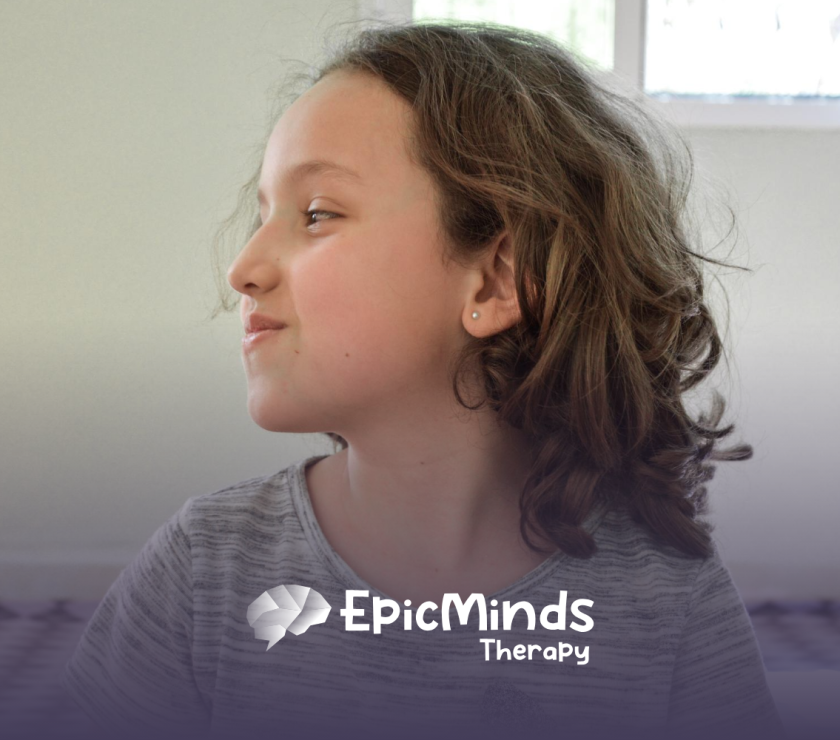For many autistic individuals, the world can feel louder, brighter, and more intense. Overstimulation, or sensory overload, occurs when the brain receives more information than it can comfortably handle. Everyday settings—like busy stores, loud classrooms, or even fluorescent lights—can become overwhelming.
When overstimulated, an individual with autism may experience physical tension, racing thoughts, or difficulty concentrating. Some describe it as a storm of sensations: sounds blending, lights feeling too sharp, and textures becoming unbearable. Emotional responses may follow, such as irritability, exhaustion, or shutdowns.
Recognizing early signs—like fidgeting, covering ears, or avoiding eye contact—can help prevent full sensory overload. Calming strategies, such as deep breathing, using noise-canceling headphones, or spending time in a quiet space, can help restore balance.
Through ABA therapy, individuals can learn self-regulation skills, identify sensory triggers, and develop personalized coping tools. Families can also adapt environments at home or school to reduce sensory strain.
At Epic Minds Therapy, we empower individuals to understand and manage overstimulation with compassion and practical strategies—helping them find calm and confidence in a sensory-rich world.
Frequently Asked Questions
1. What is overstimulation in autism?
Overstimulation happens when too much sensory input—like sound, light, or touch—overwhelms the brain’s ability to process it.
2. What does overstimulation feel like for autistic people?
It can feel like intense anxiety, confusion, or physical discomfort. Some may describe it as being trapped in a flood of noise, light, or emotion.
3. What triggers sensory overload?
Common triggers include crowded environments, bright lights, strong smells, sudden noises, or too many simultaneous tasks.
4. How do autistic individuals react to overstimulation?
They might cover their ears, withdraw, become nonverbal, or have a meltdown to cope with overwhelming input.
5. How can overstimulation be managed?
Taking breaks, using sensory tools, and creating calm environments help prevent overload. ABA therapy can teach coping strategies.





